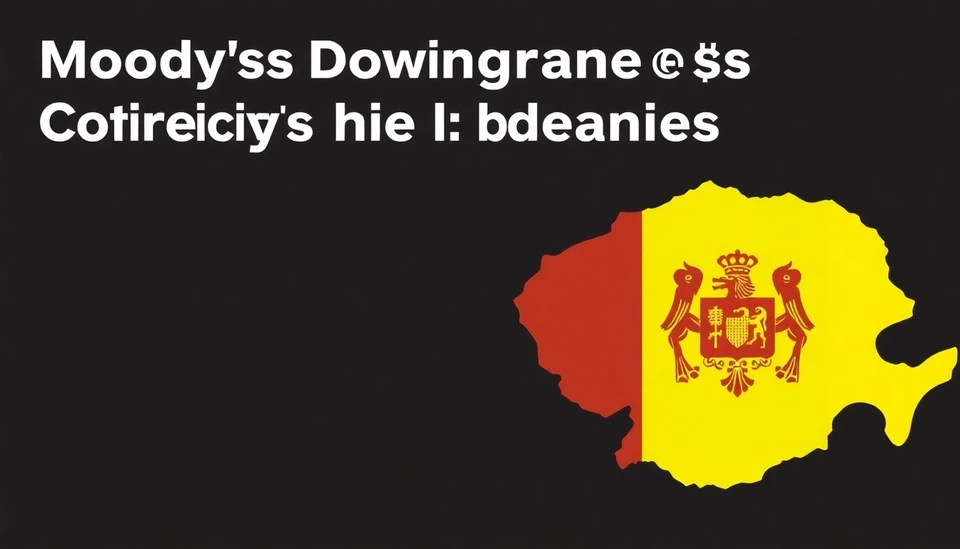
In a concerning development for Romania's financial reputation, the credit rating agency S&P Global Ratings has decided to downgrade the nation's debt outlook. The decision, which stems from an alarming increase in the country's budget deficit, has raised serious questions about Romania’s fiscal sustainability.
S&P has adjusted Romania's outlook from stable to negative, citing that an uncontrolled surge in budget deficits could ultimately jeopardize the nation’s creditworthiness. The current budget shortfall is projected to exceed 6% of the Gross Domestic Product (GDP), a stark contrast to the government's previous estimates and an alarming sign for economists watching the country’s financial trajectory.
Further complicating the situation, S&P analysts have pointed out that Romania's economic policies may not be sufficiently robust to contain spending levels in the face of rising pressures. The government’s strategy, particularly in the context of upcoming elections, appears tailored to appeal to voters by increasing public spending, which has led to excessive fiscal strain.
This outlook downgrade reflects a broader trend observed in Central and Eastern Europe, where many nations are grappling with the ramifications of the global economic landscape. Economies in the region are facing rising inflation, compounded by geopolitical tensions, resulting in a precarious balance of economic management.
Bond yields have reacted negatively to this news, with investors growing increasingly wary of Romania’s fiscal health. The increased borrowing costs could hinder the nation’s ability to finance key infrastructural projects and social programs, which have been pivotal in promoting growth and stability.
In light of the potential for further downgrades, the Romanian government faces an uphill battle. It must not only rein in its budget deficit but also reassure investors and rating agencies of its commitment to maintaining economic stability. This means rigorous fiscal measures will likely be on the agenda, aimed at restoring confidence and financial integrity.
The implications of this rating change could resonate well beyond Romania’s borders, affecting investor sentiment in the broader region and potentially influencing economic policies in neighboring countries who may find themselves in similar predicaments.
As Romania navigates these tumultuous financial waters, stakeholders, from the government to ordinary citizens, will be watching closely to see how fiscal policies evolve in response to this significant warning from S&P. The path ahead remains fraught with challenges, but decisive action could lead to recovery and renewed confidence in Romania's economic outlook.
In conclusion, Romania’s current credit outlook serves as a crucial reminder of the importance of fiscal responsibility in today’s volatile economic climate. The country must embrace a balanced approach to budgeting if it hopes to secure its financial future and attract long-term investment.
#Romania #CreditRating #SPGlobalRatings #BudgetDeficit #EconomicStability #Investors #CentralEasternEurope #FiscalPolicy #DebtOutlook
Author: Rachel Greene




